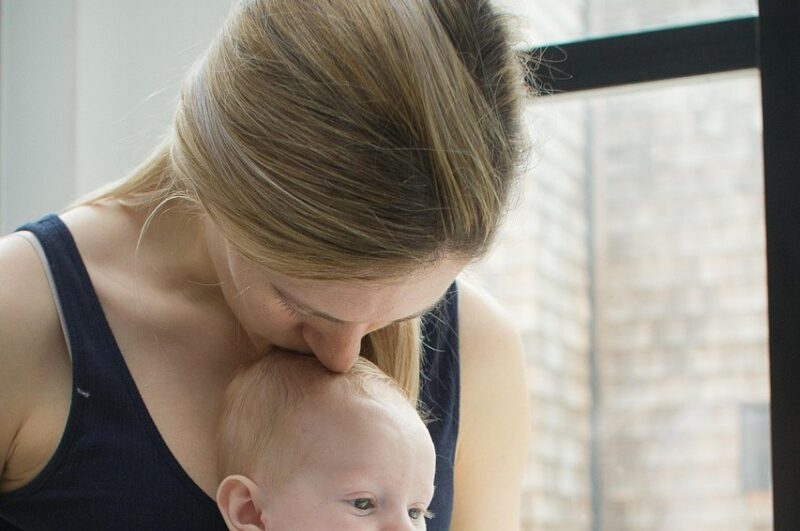Bringing a new baby into the world is a life-changing experience, but it can also come with emotional challenges. Postpartum depression (PPD) and postpartum anxiety (PPA) affect many new parents, making it crucial to recognize the signs and seek support. Here are five common indicators:
1. Persistent Feelings of Sadness, Hopelessness, or Overwhelm
If you find yourself feeling persistently sad, hopeless, or unable to experience joy, this may be a sign of PPD. These feelings often persist despite the love and excitement surrounding your baby.
2. Excessive Worry or Fear
PPA often manifests as constant worry, racing thoughts, or irrational fears about your baby’s safety or your parenting abilities. These symptoms can feel all-consuming and make it difficult to relax (NIH, 2023).
3. Changes in Sleep Patterns
While sleep deprivation is common for new parents, PPD or PPA may cause severe insomnia or excessive sleeping beyond what’s typical, even when opportunities to rest are available.
4. Intense Irritability, Anger, or Panic Attacks
You may notice heightened irritability, feelings of anger, or even panic attacks that seem disproportionate to the situation. This can strain relationships and worsen feelings of isolation (APA, 2021).
5. Thoughts of Self-Harm or Harm to Your Baby
In severe cases, PPD or PPA can include intrusive thoughts about harming yourself or your baby. These thoughts require immediate professional intervention (NAMI, 2023).
Next Steps
If you recognize these symptoms in yourself, seeking professional support is vital. At Crossroads Family Counseling Center, our compassionate psychiatric nurse practitioner specializes in evaluating and treating postpartum mental health conditions. Medication management, combined with therapy, has been shown to effectively alleviate symptoms of PPD and PPA, helping new parents regain a sense of balance and well-being.
You don’t have to face this alone—schedule an appointment today and take the first step toward feeling like yourself again.
For more information, visit these resources:
- National Institute of Mental Health (NIMH)
- National Alliance on Mental Illness (NAMI)
- American Psychiatric Association
- Postpartum Support International
